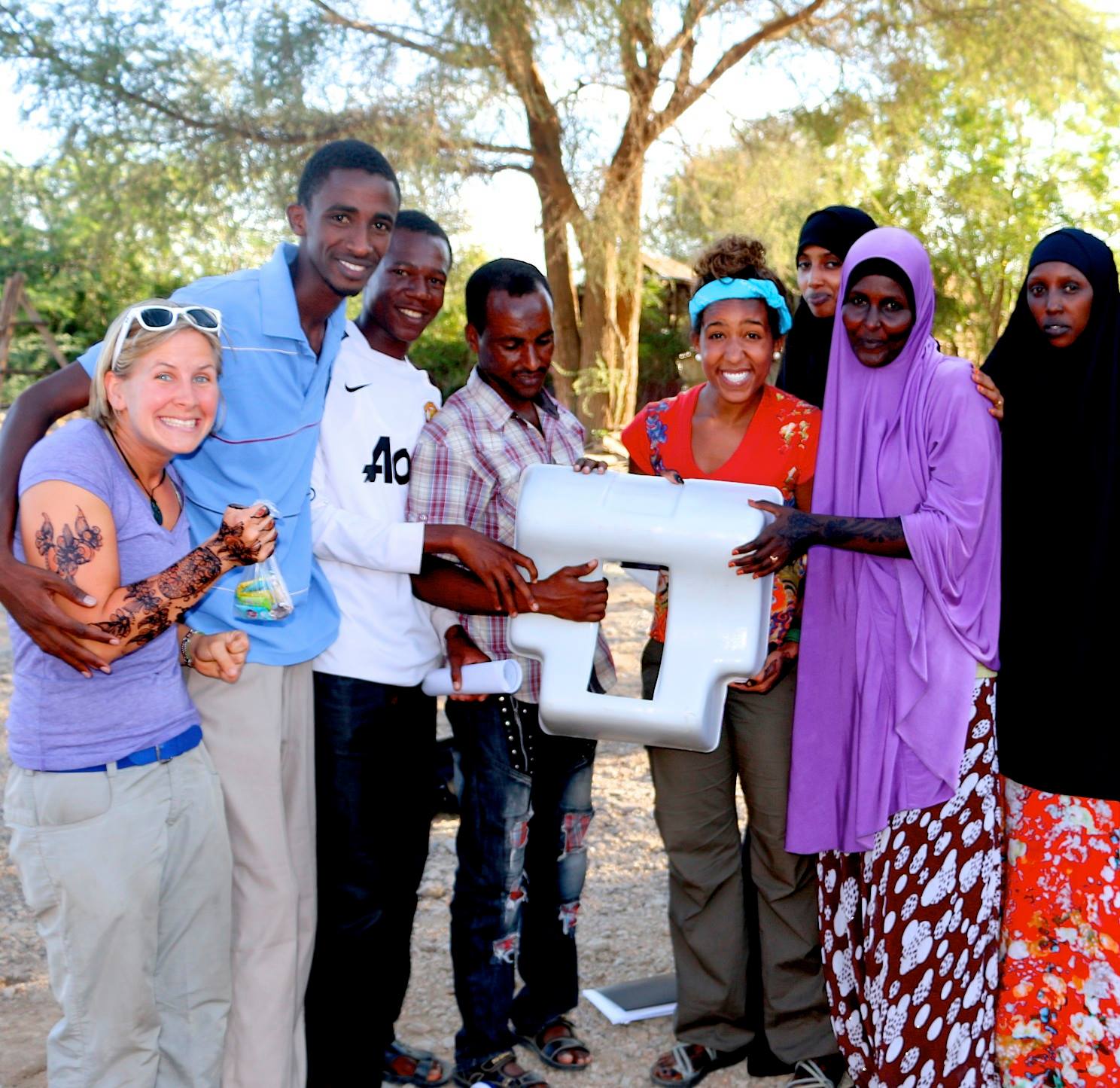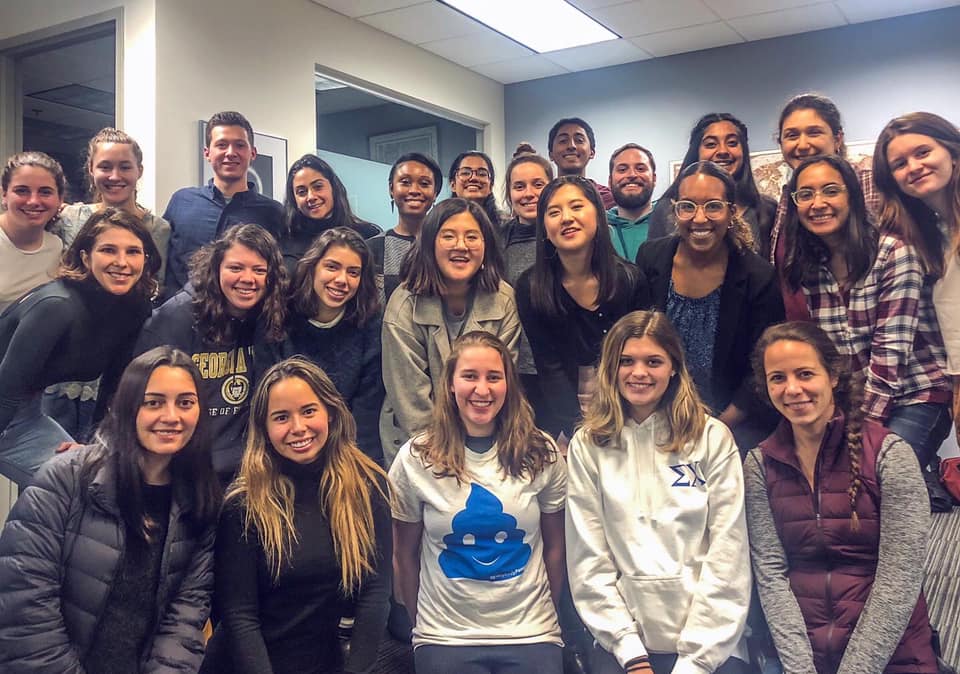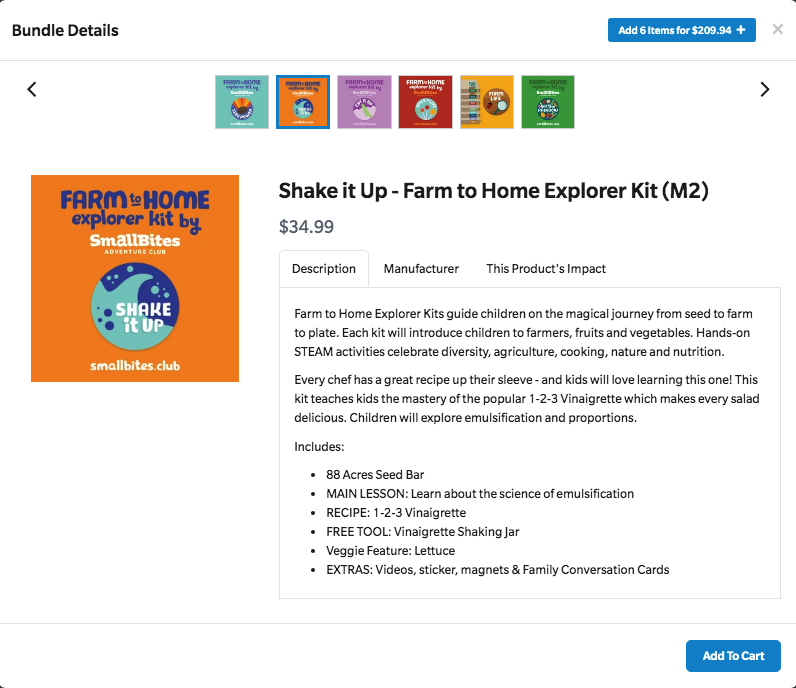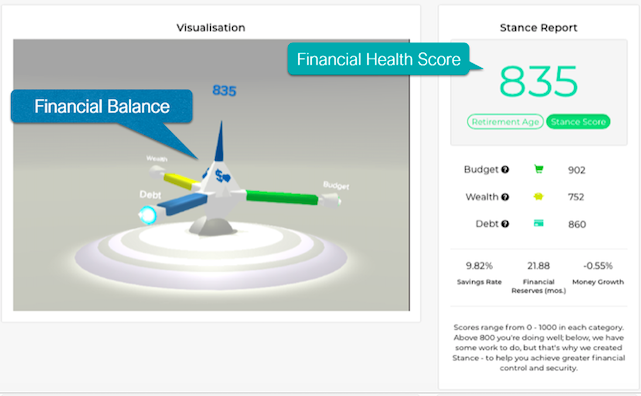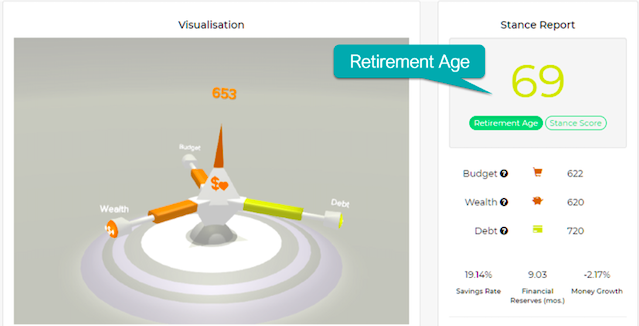Nonpartisan effort to scale solutions by bringing Georgians together to crowdsolve for climate progress
The end of 2020 marked the launch of a long-term, multi-stakeholder climate initiative in Georgia – one designed to bring business and industry, municipal leadership, NGOs and others together to accelerate climate solutions in Georgia. Inspired by the global framework of Project Drawdown, the Drawdown Georgia team has identified 20 high impact solutions based on Georgia’s unique economic, natural and social resources that – when scaled – will put Georgia on an accelerated path to a low carbon future.
“If we get this right, we believe we can take carbon emissions in Georgia from about 125 megatons to 79 megatons by 2030 – a reduction by at least one-third in just ten years,” said John A. Lanier, executive director of the Ray C. Anderson Foundation and a founder of Drawdown Georgia. “And importantly, Beyond Carbon, there are economic and social benefits as well as public health and environmental gains. We’ve done the work to visualize it all, and now we invite everyone working on climate solutions in Georgia to join us in bringing these climate solutions home.” A megaton of carbon is defined as 1 million metric tons of carbon dioxide-equivalent.
Drawdown Georgia’s 20-solution framework is focused on five sectors where the biggest impacts exist, and where the greatest potential to scale solutions is evident: Transportation, Electricity, Food & Agriculture, Buildings & Materials, and Land Sinks. A full list of solutions is here.
The research was led by Nobel Laureate and energy/climate expert Marilyn Brown from Georgia Tech. “Our research effort has created a model that is available to all; by localizing it and applying it to other states and regions, partners across the country can collectively accelerate change in ways that are most impactful, beneficial and equitable.”
To accelerate solutions requires bringing everyone together, so Drawdown Georgia has created a crowdsolving community where people, projects and progress can come together to provide full visibility into solutions, and to provide a platform where people can connect to share ideas, challenges and progress towards drawdown.
###
About Drawdown Georgia
Informed by Project Drawdown, the world’s leading resource for climate solutions, Drawdown Georgia is the first state-centered effort to crowdsolve for climate change. The goal is to catalyze and scale 20 high impact solutions so Georgia can do its part to advance Drawdown — that point in the future when levels of greenhouse gases in the atmosphere stop climbing and start to steadily decline.
The Drawdown Georgia roadmap was vetted by an expert team of Georgia-based academics, climate scientists, and researchers led by Georgia Institute of Technology, in partnership with Emory University, Georgia State University and the University of Georgia. Drawdown Georgia estimates that the state’s current carbon footprint is 125 megatons, with the potential to cut Georgia’s carbon impact by about 35% in ten years, to 79 megatons.
The solutions are based on five focus areas with the best potential to create the most change in Georgia: Electricity, Transportation, Buildings & Materials, Food & Agriculture, and Land Sinks. Currently funded by the Ray C. Anderson Foundation, Drawdown Georgia is bringing climate solutions home. Visit our home page.

